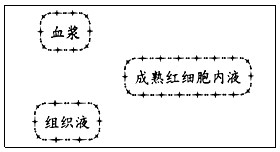患者男,50岁,因“舌溃疡3个月,疼痛加重伴异物感1周”来诊。3个月前进食时咬伤舌左侧缘,遂形成溃疡,迁延不愈;近1周局部疼痛加重,进食时明显,受伤部位有异物感。查体:一般情况可;左侧颈部Ⅱa区触及1枚直径2cm淋巴结,轻压痛;舌左侧缘中1/3处可见直径2.5cm菜花样肿物,未累及口底、舌根,伸舌居中。影像学检查:未发现远处转移征象。全麻下行舌左侧缘肿物切除+左颈淋巴结改良清扫术。术后病理:舌左侧缘高、中分化鳞状细胞癌,侧切缘净,基底切缘距肿瘤3mm;淋巴结转移4/26,其中Ⅰb区1/5,Ⅱa区2/5(其中1枚包膜外受侵),Ⅱb区1/4,Ⅲ区0/6,Ⅳ区0/6。术后伤口恢复好。
除上述放射治疗的原因外,头颈部鳞状细胞癌放射治疗的指征还包括()。
A.T3/T4期
B.切缘不净
C.肿瘤侵犯大血管、淋巴管
D.脉管瘤栓
E.病理为低分化或未分化
F.未行颈淋巴结清扫术
参考答案:A, B, C, D, E


